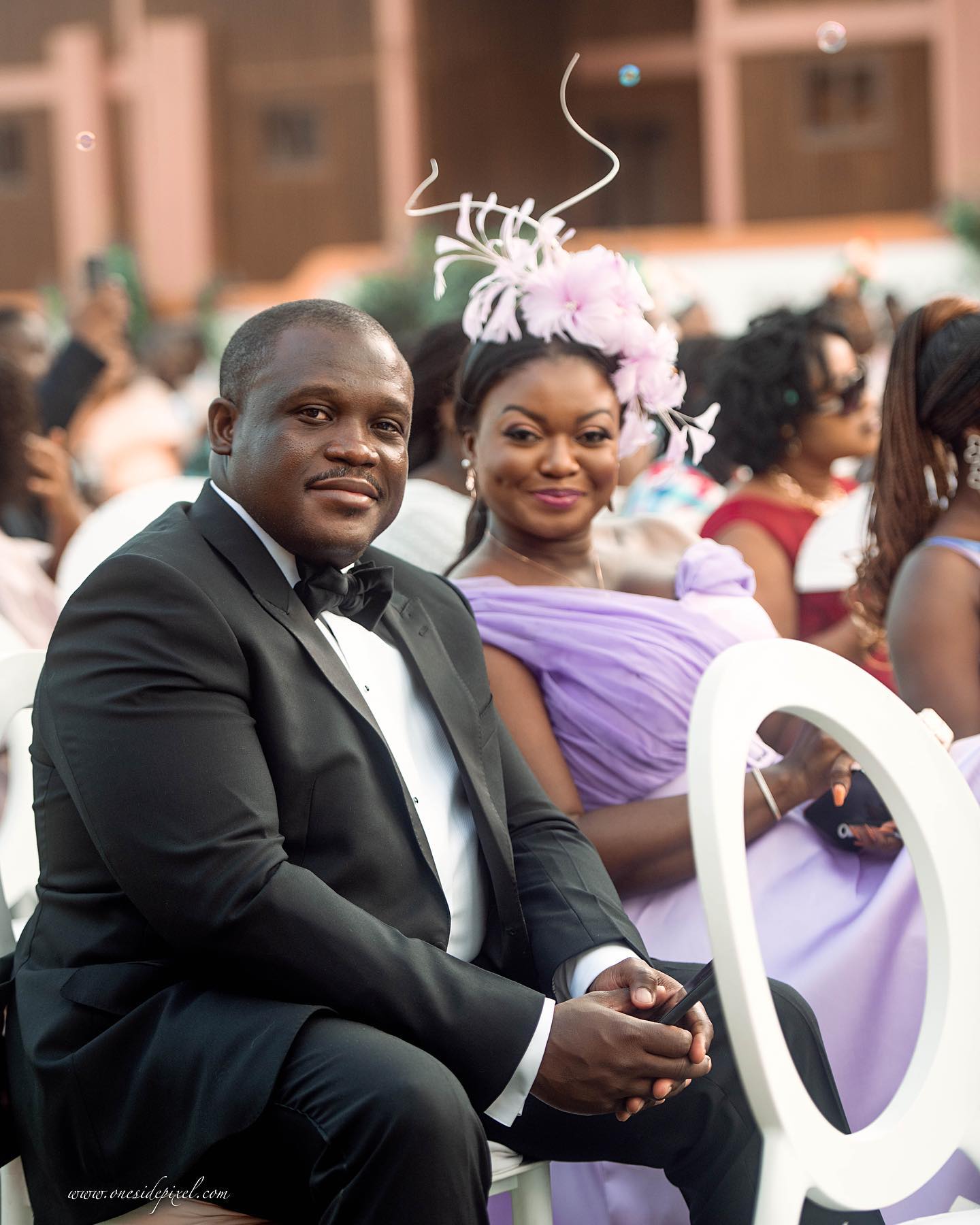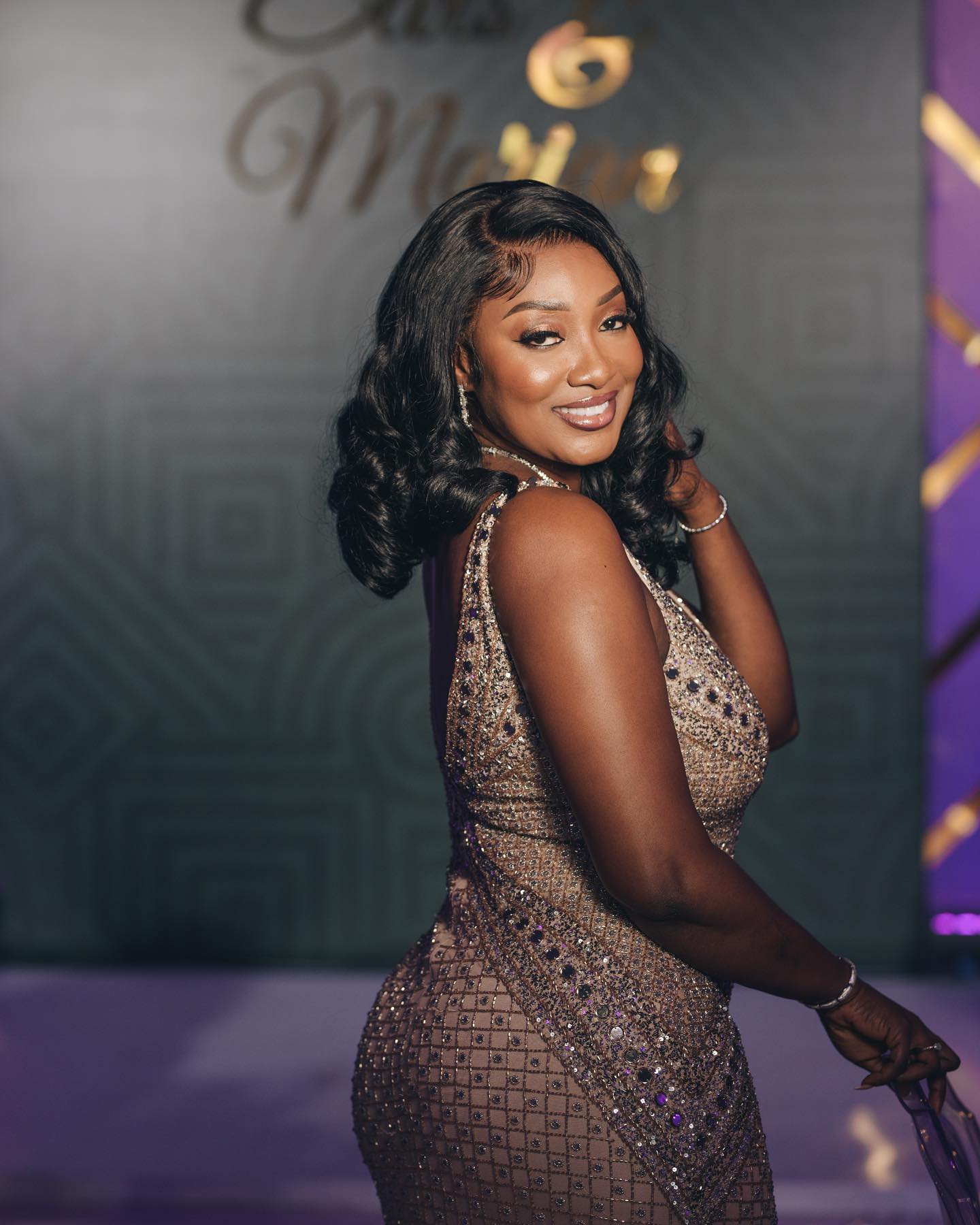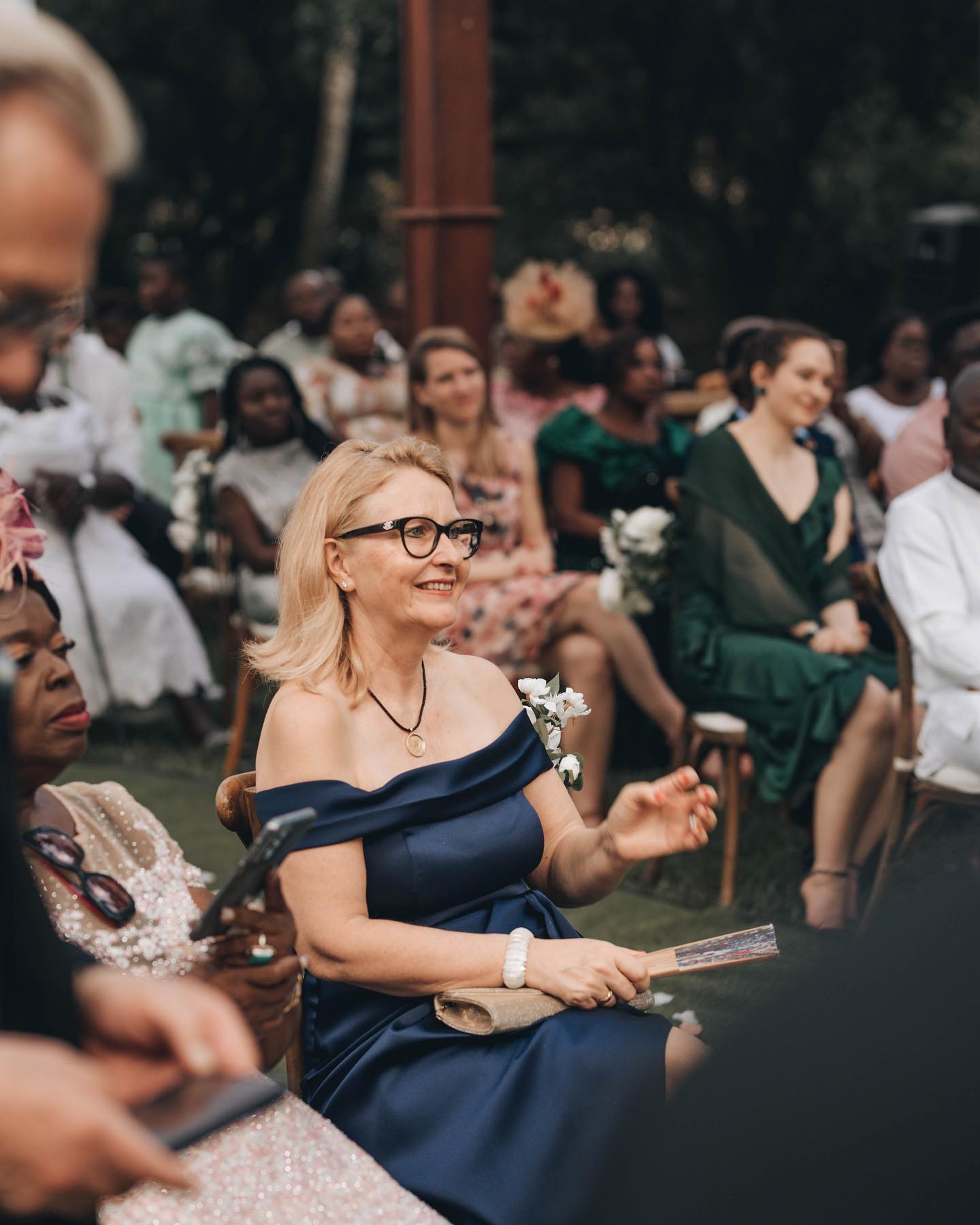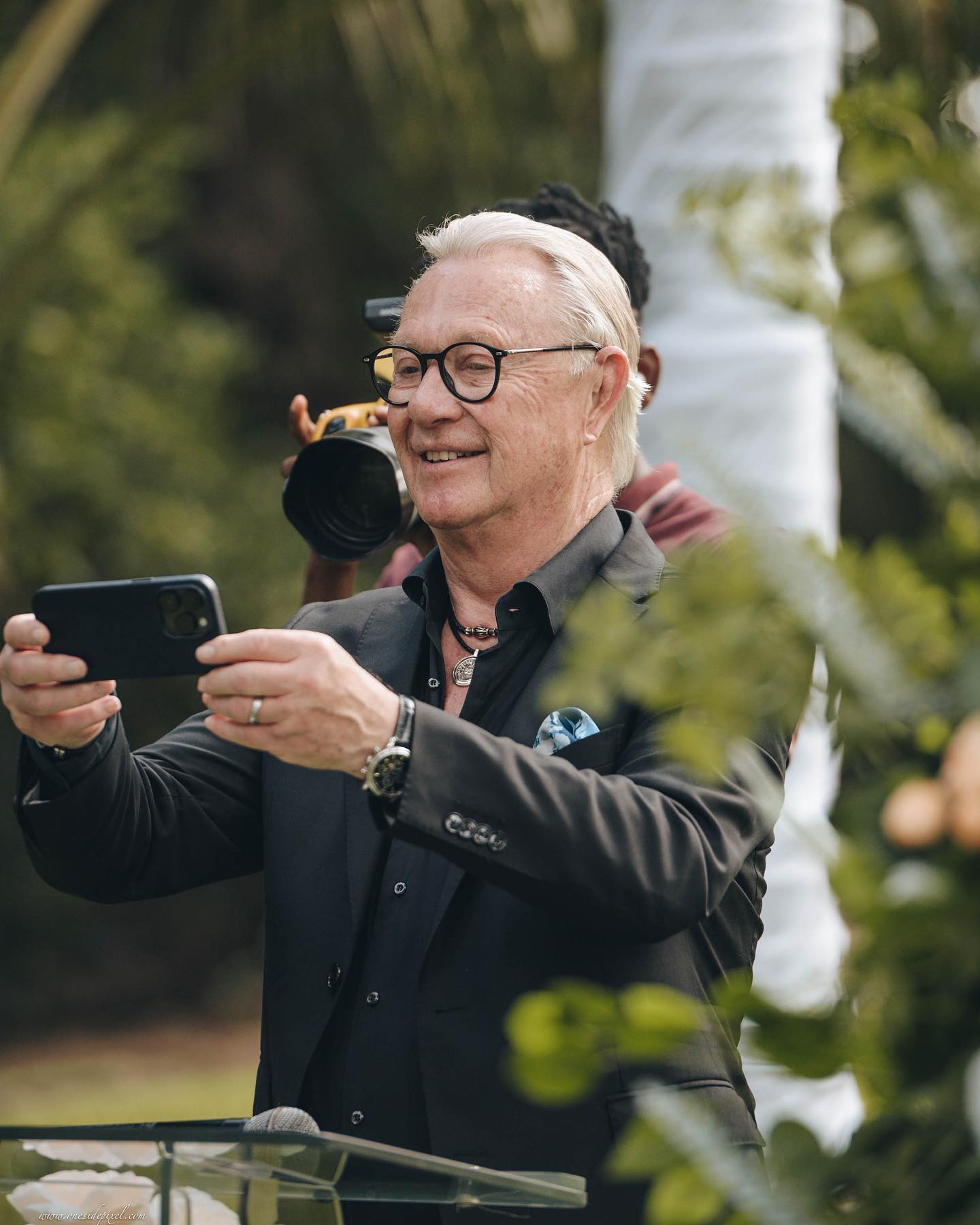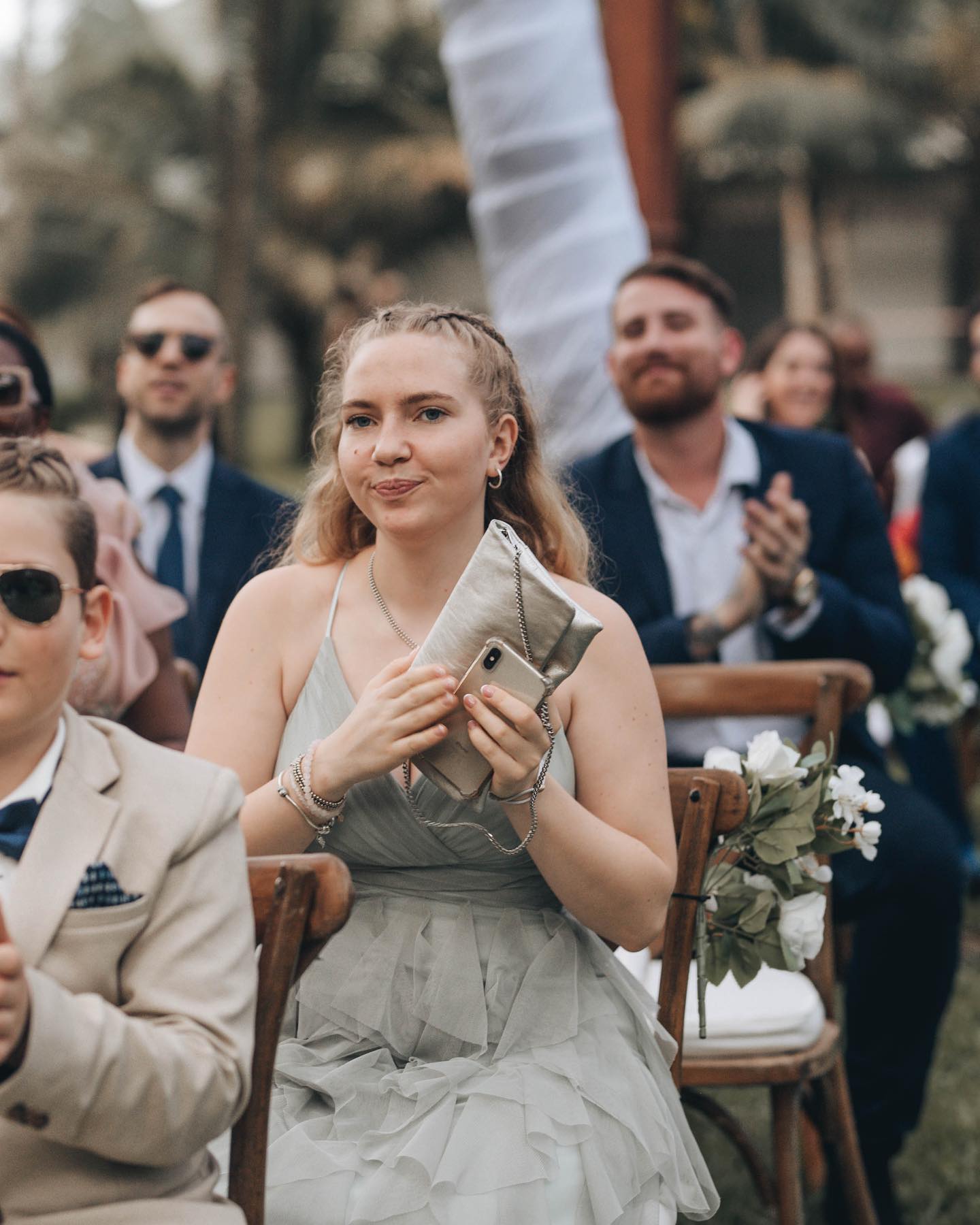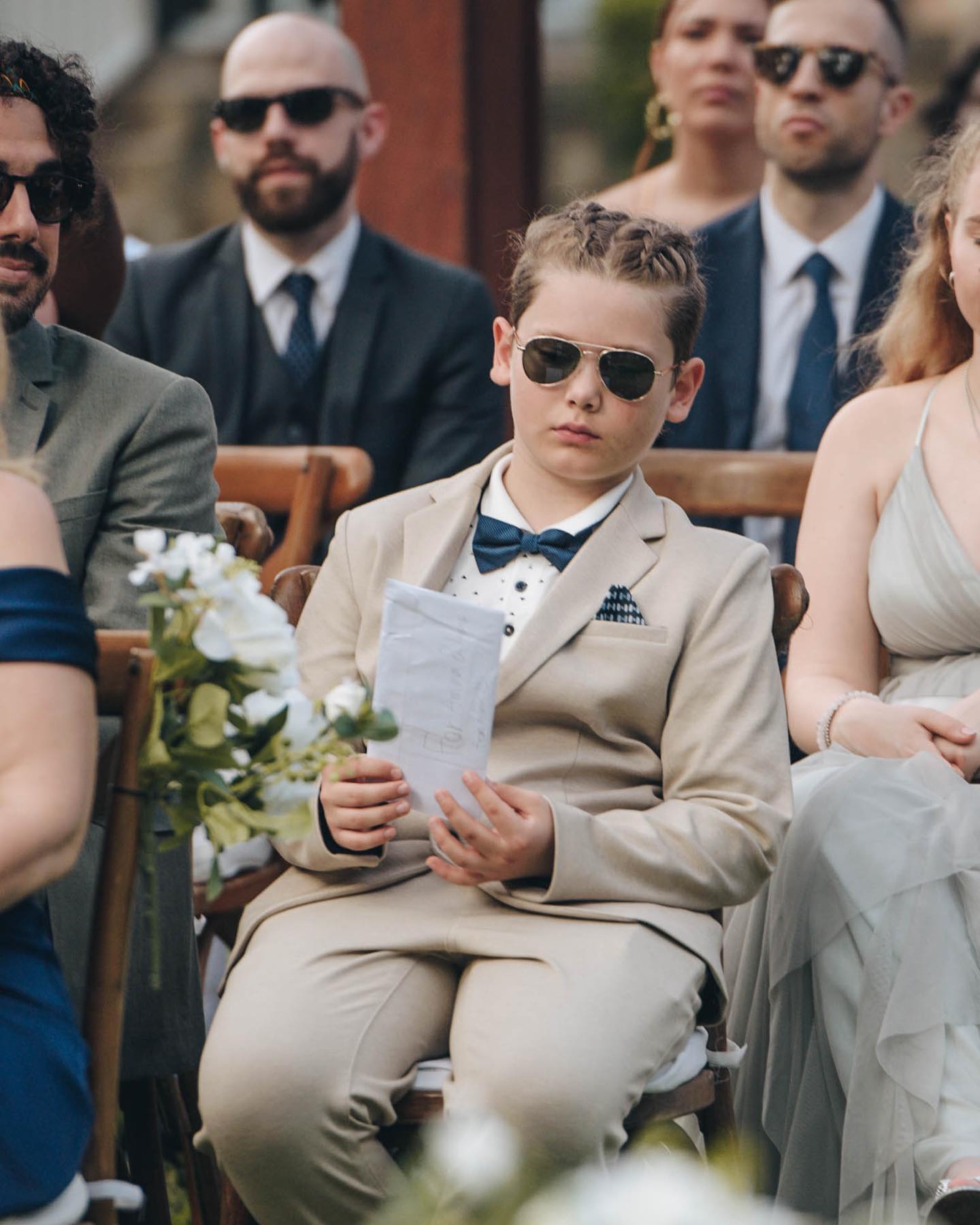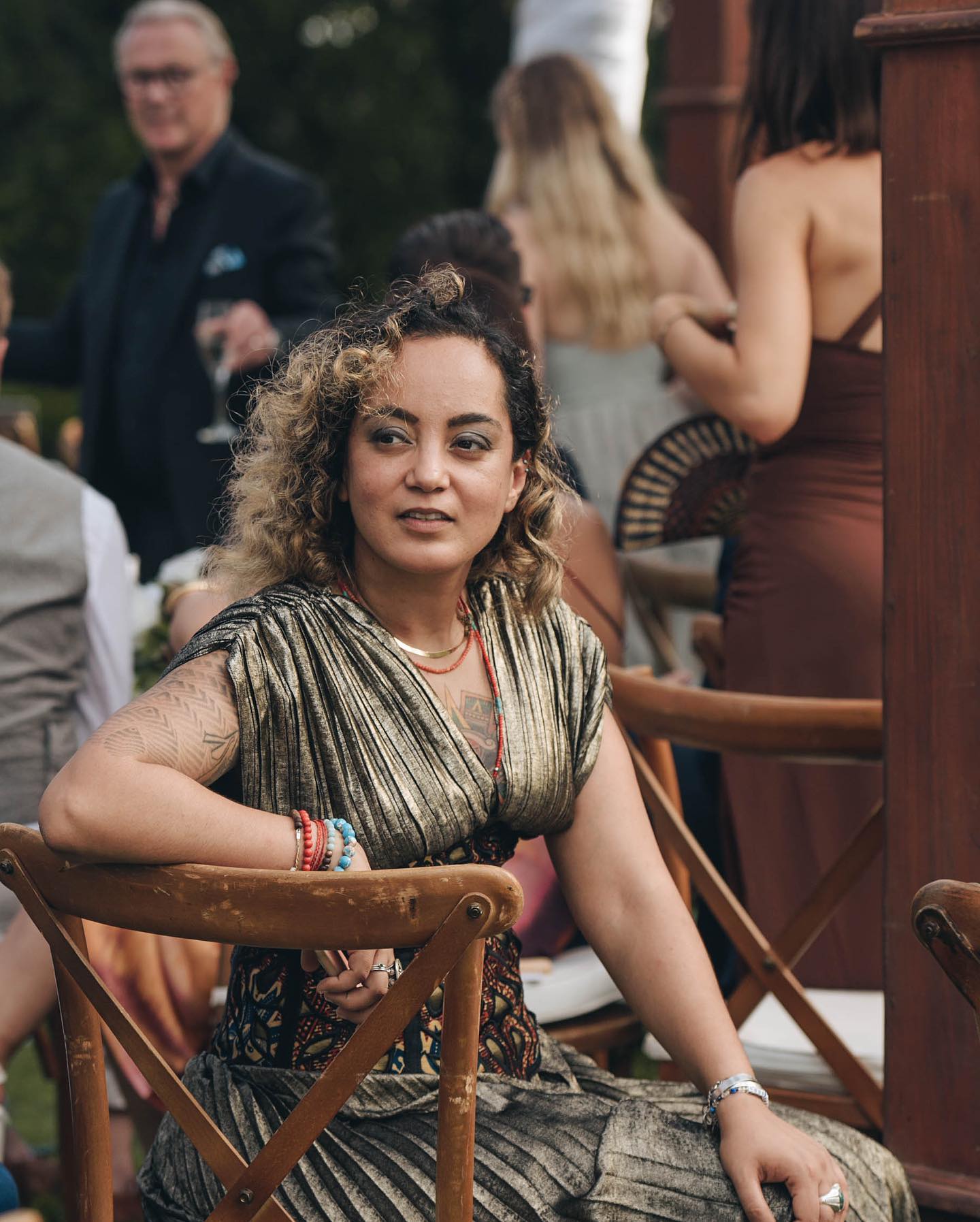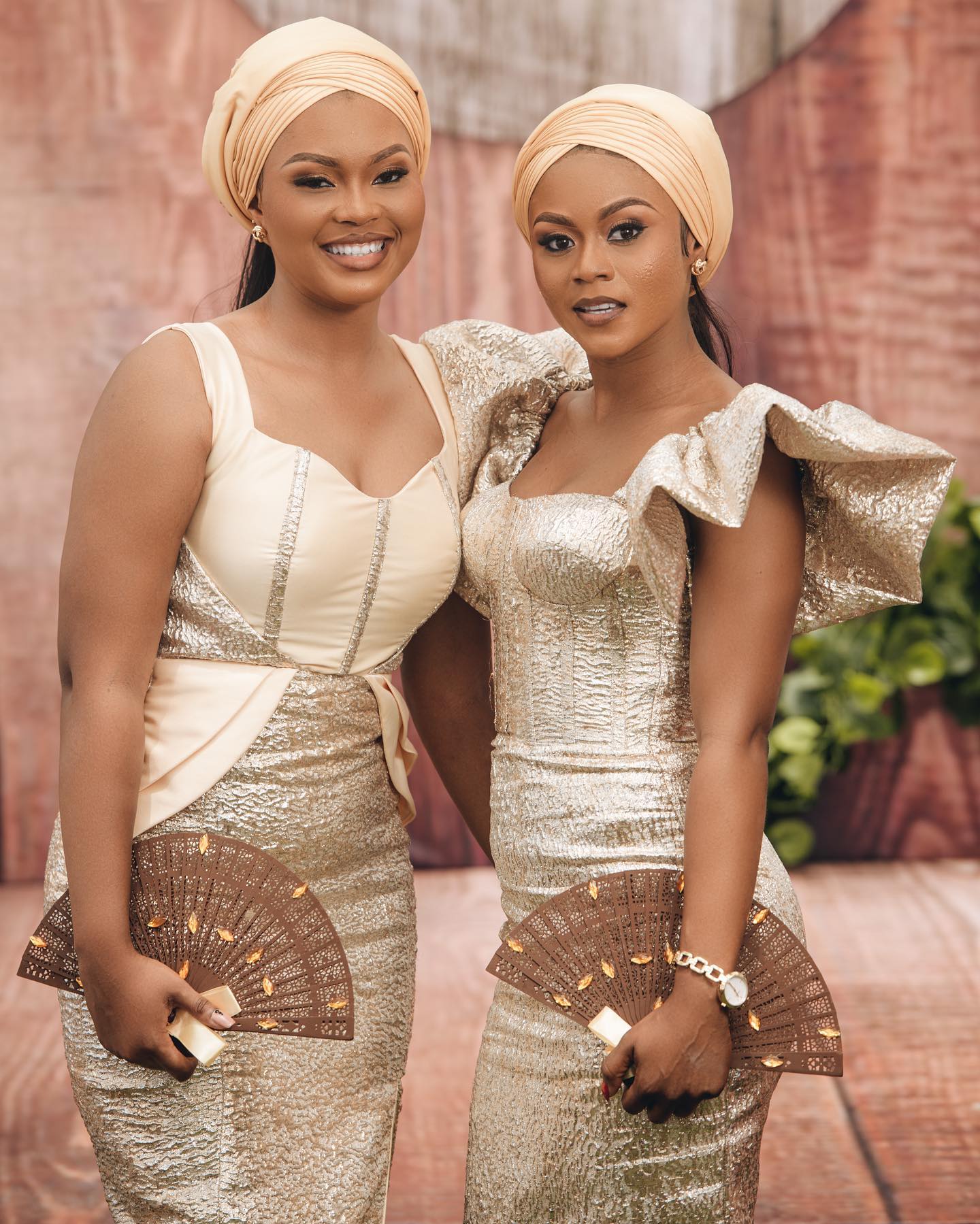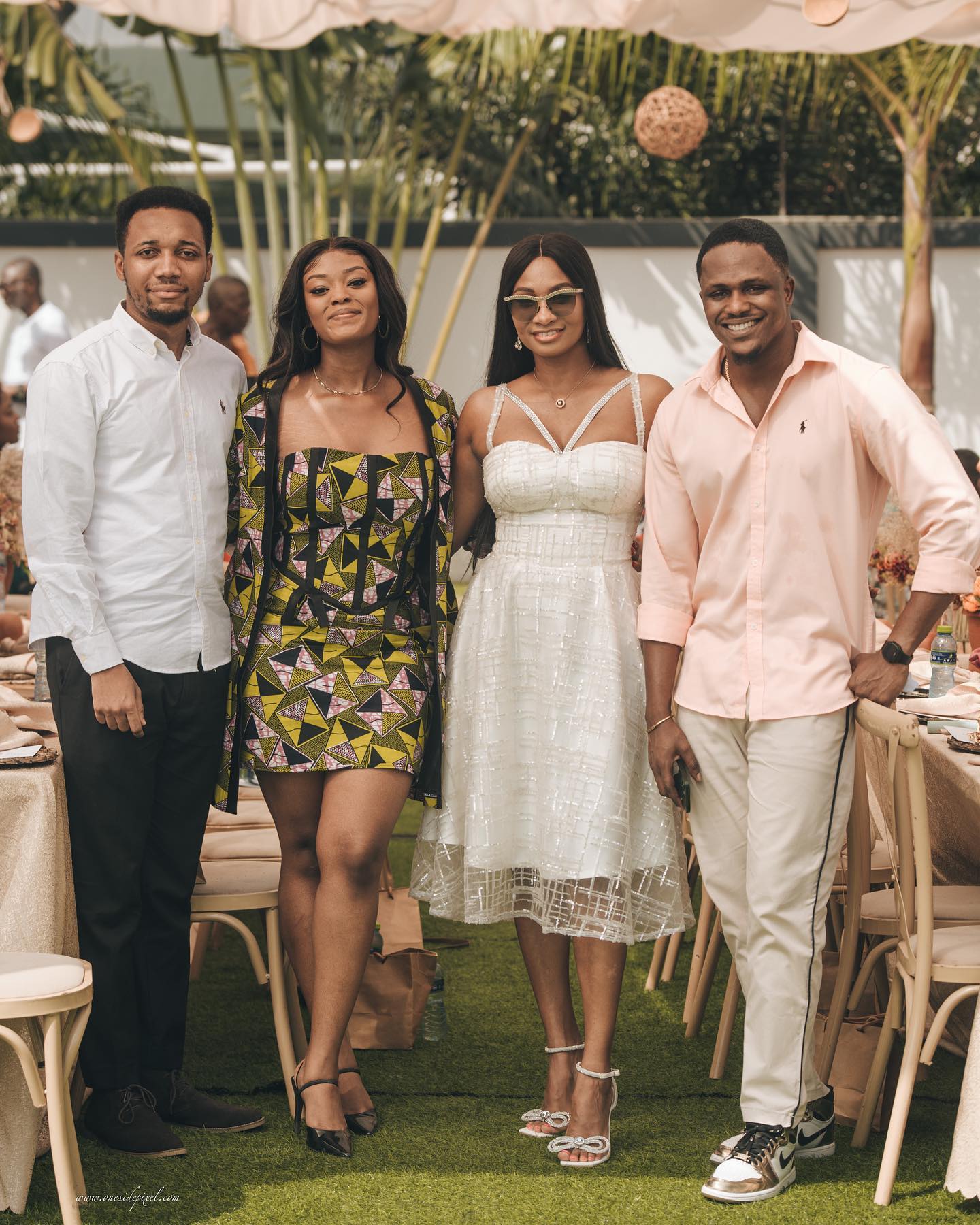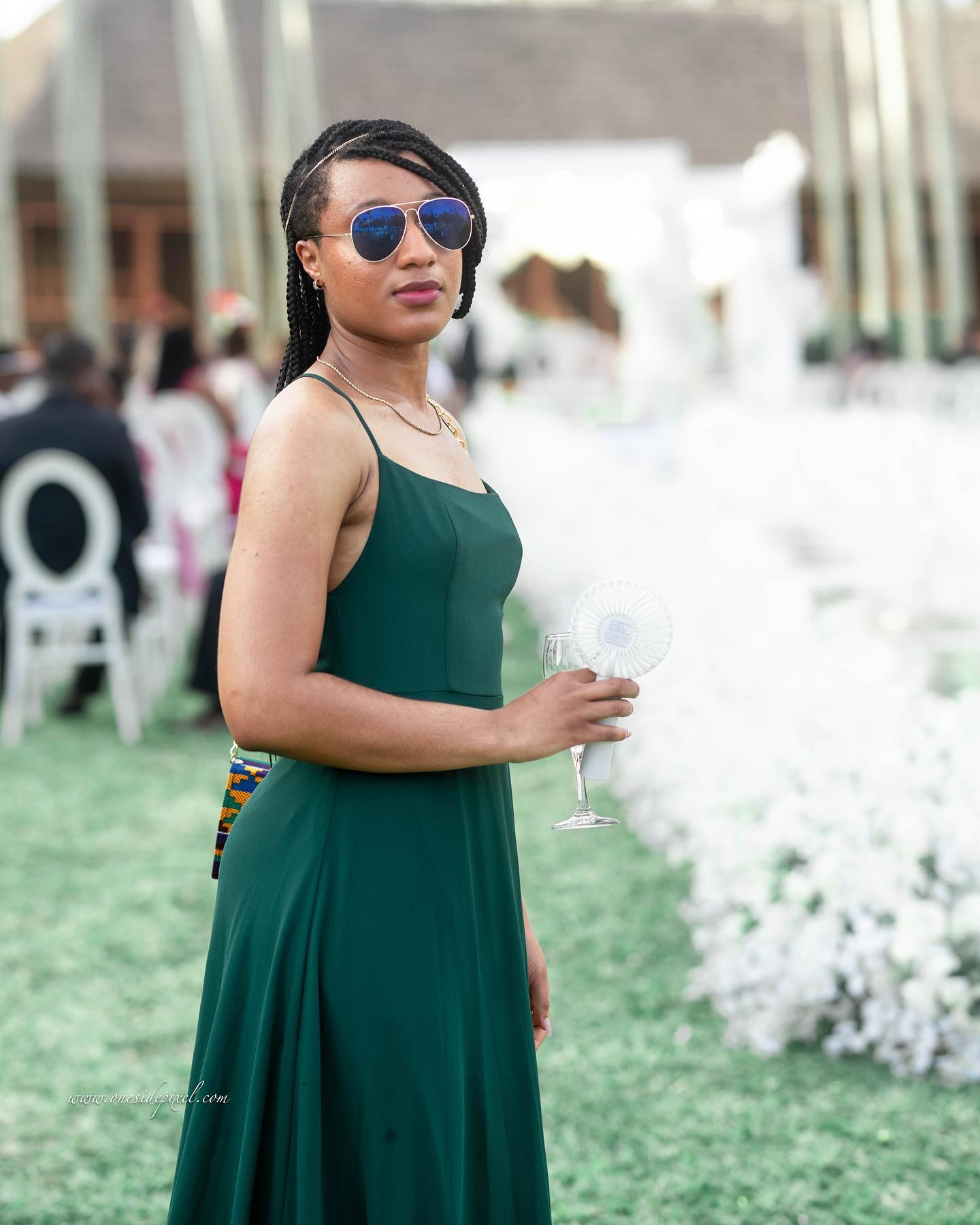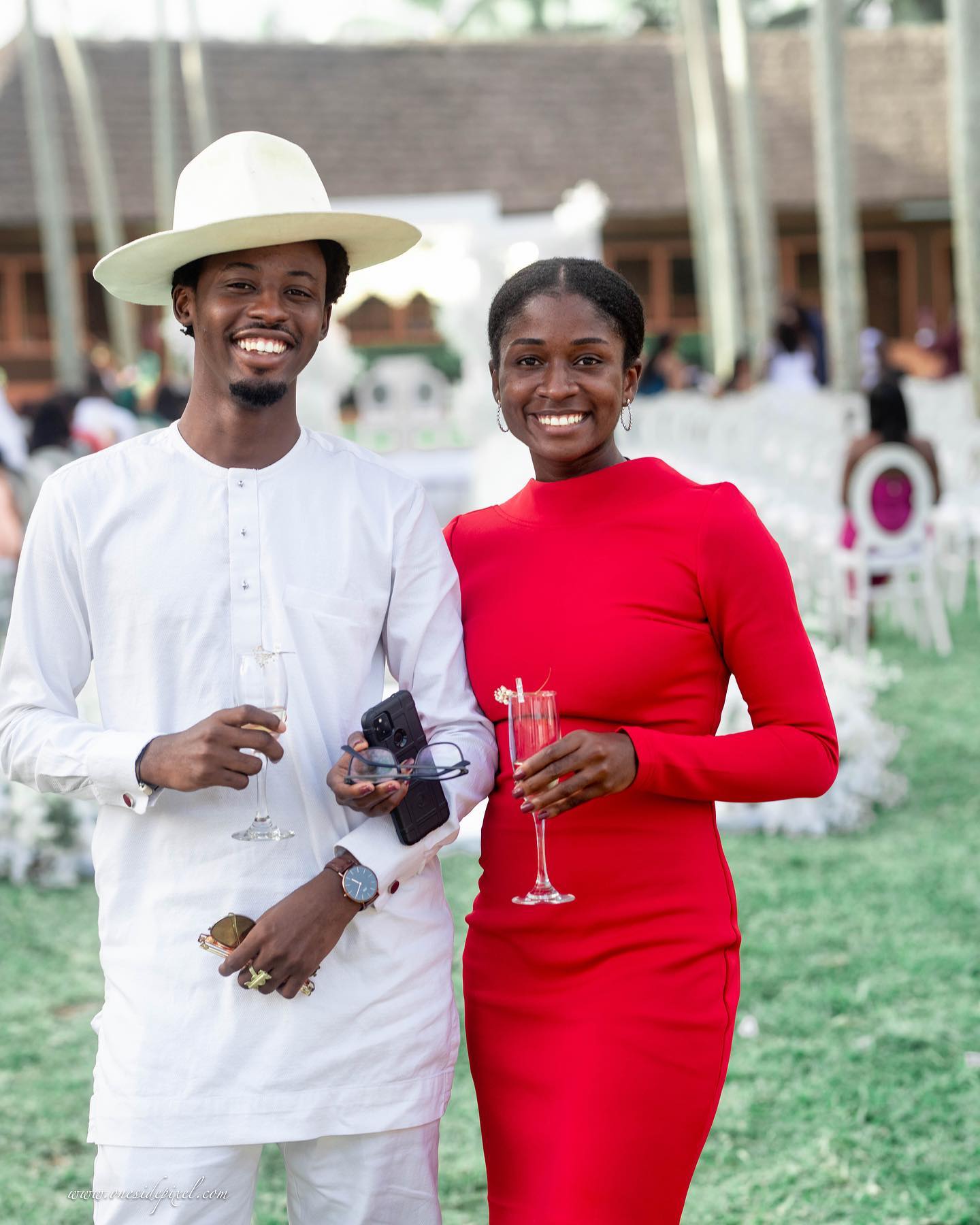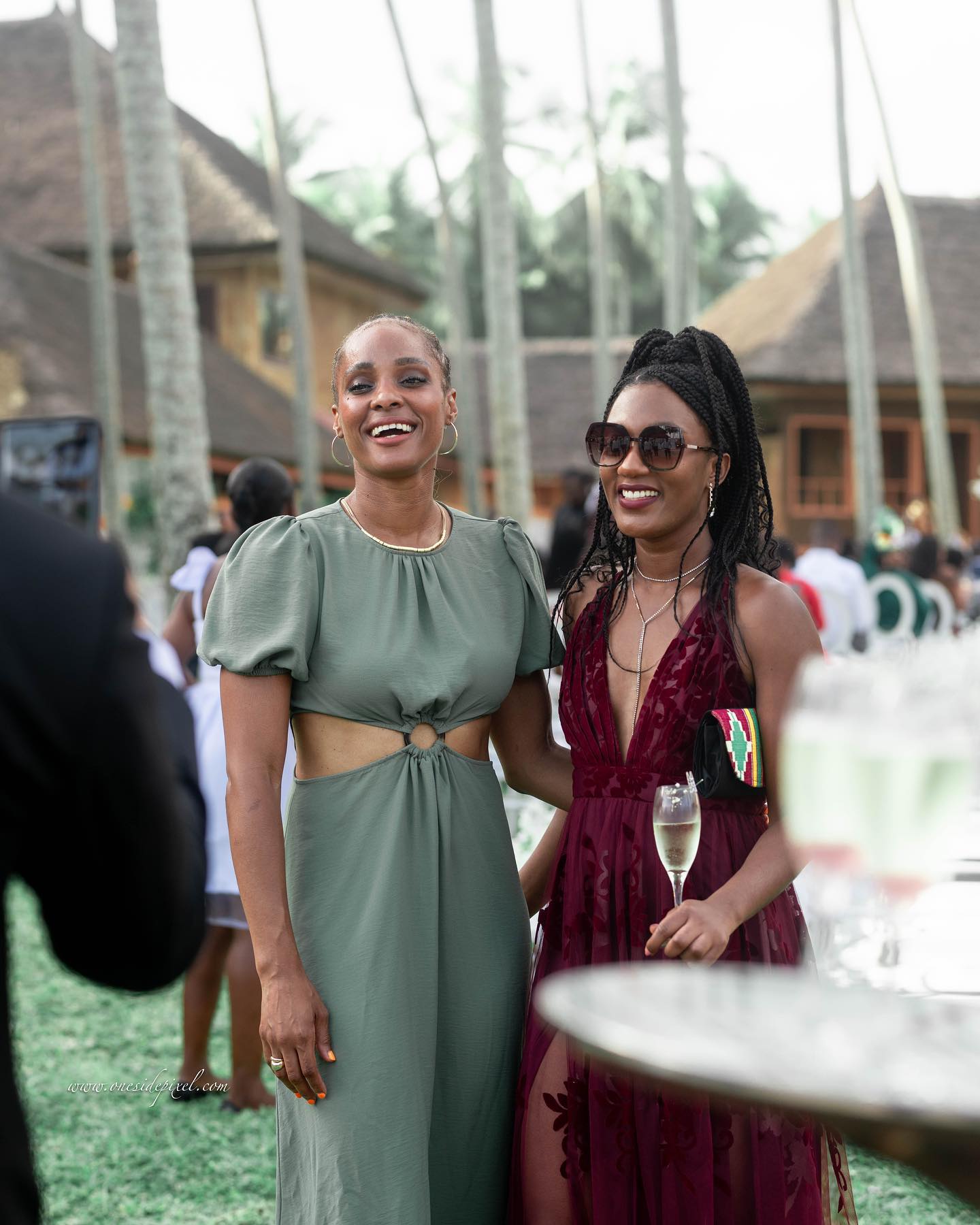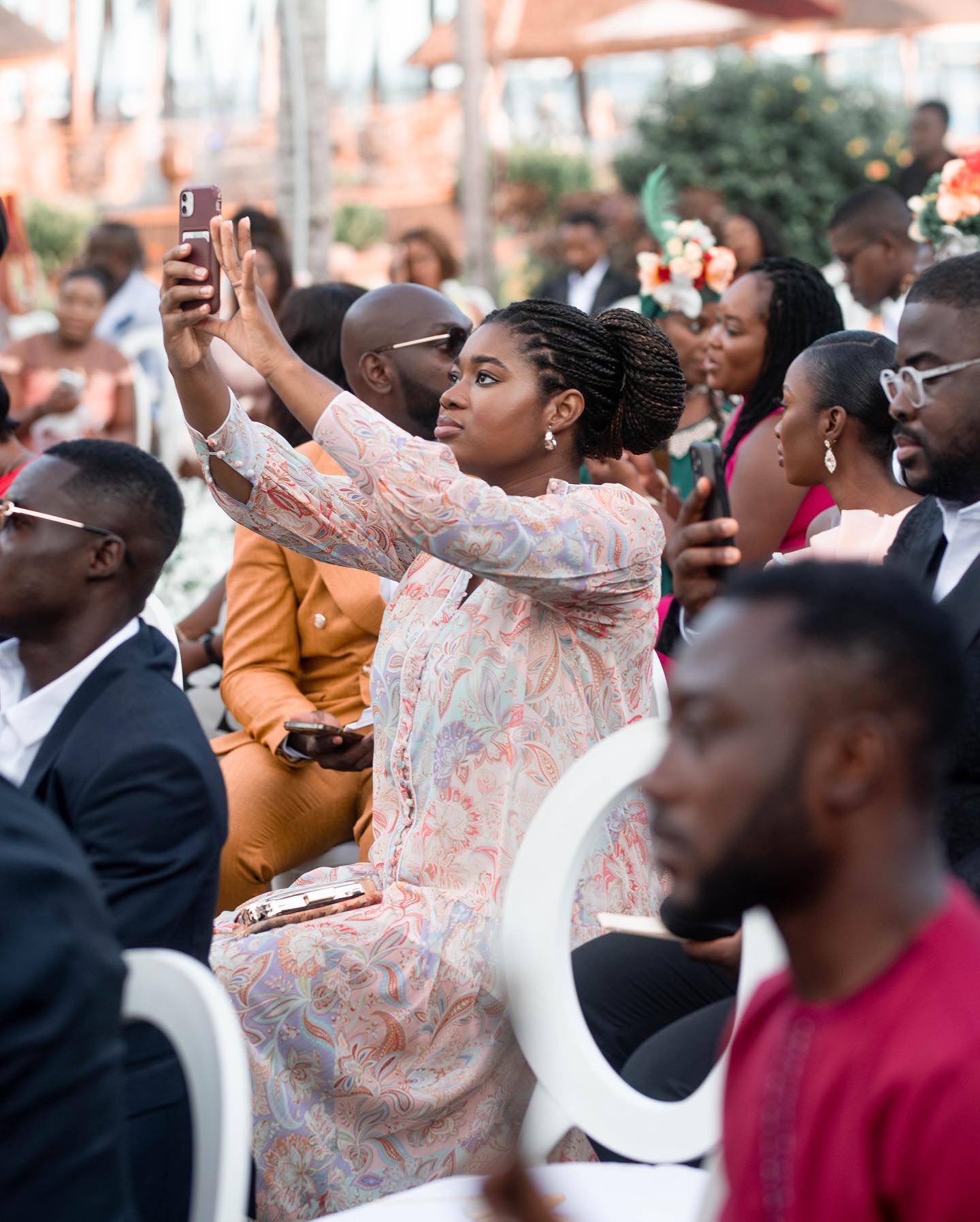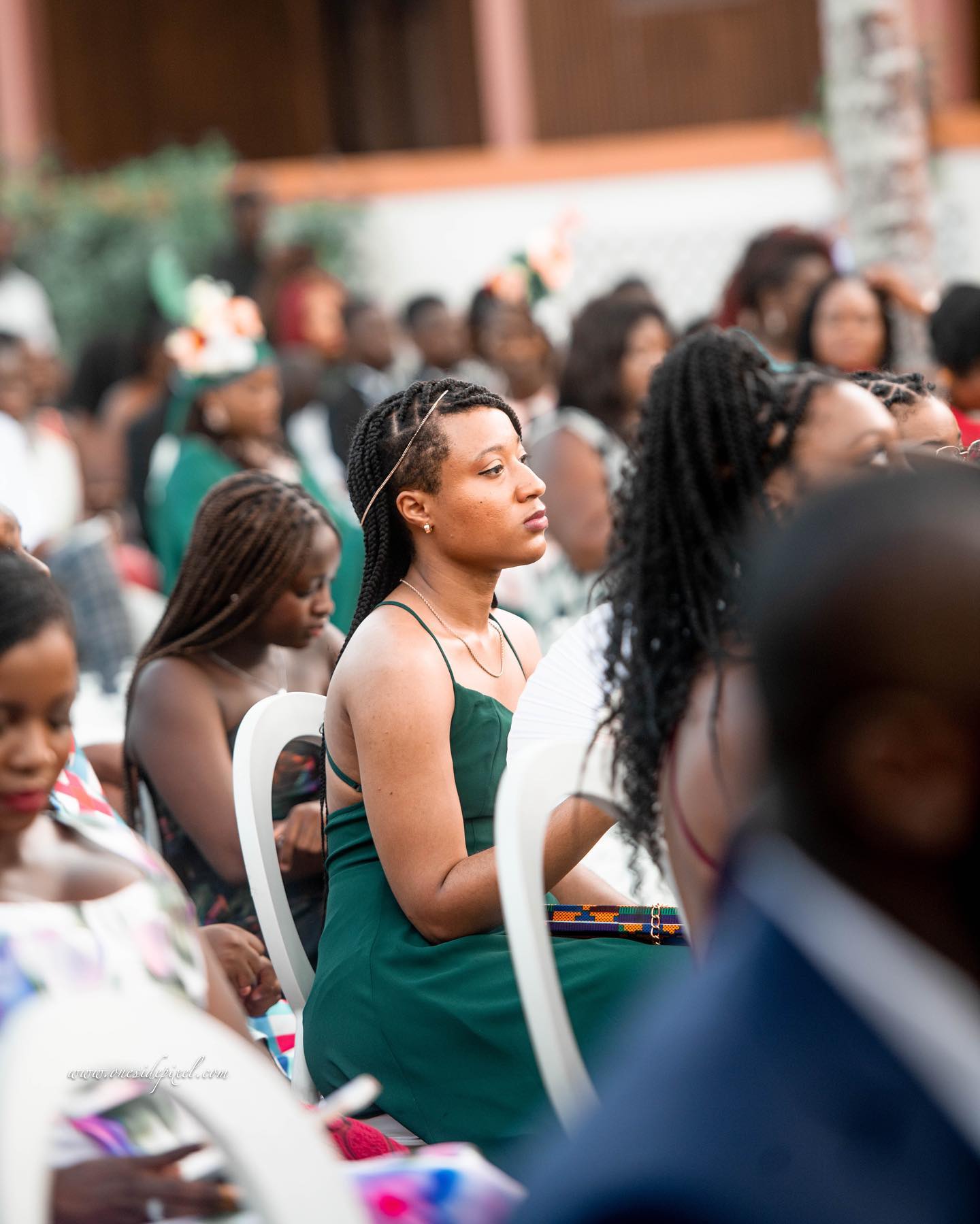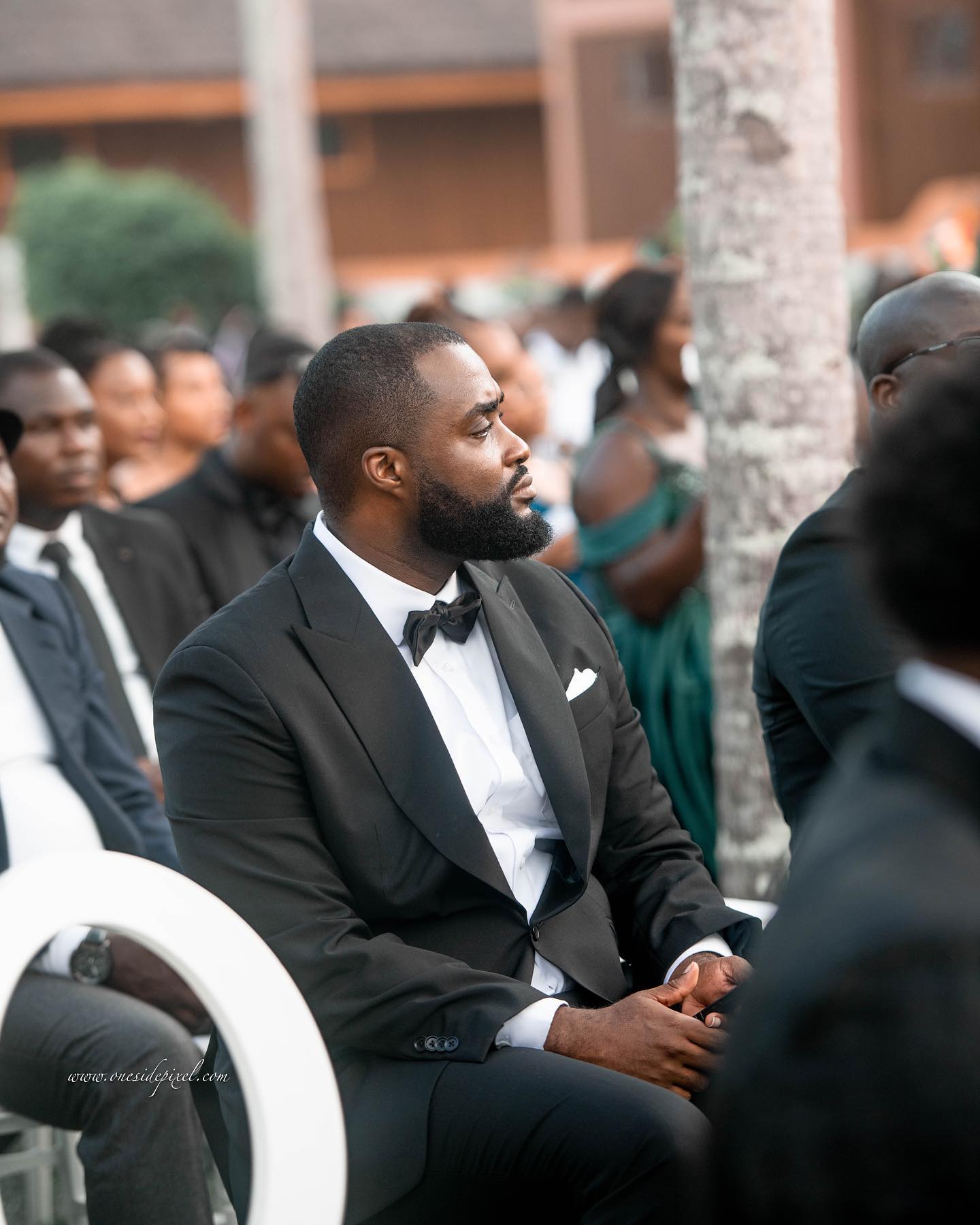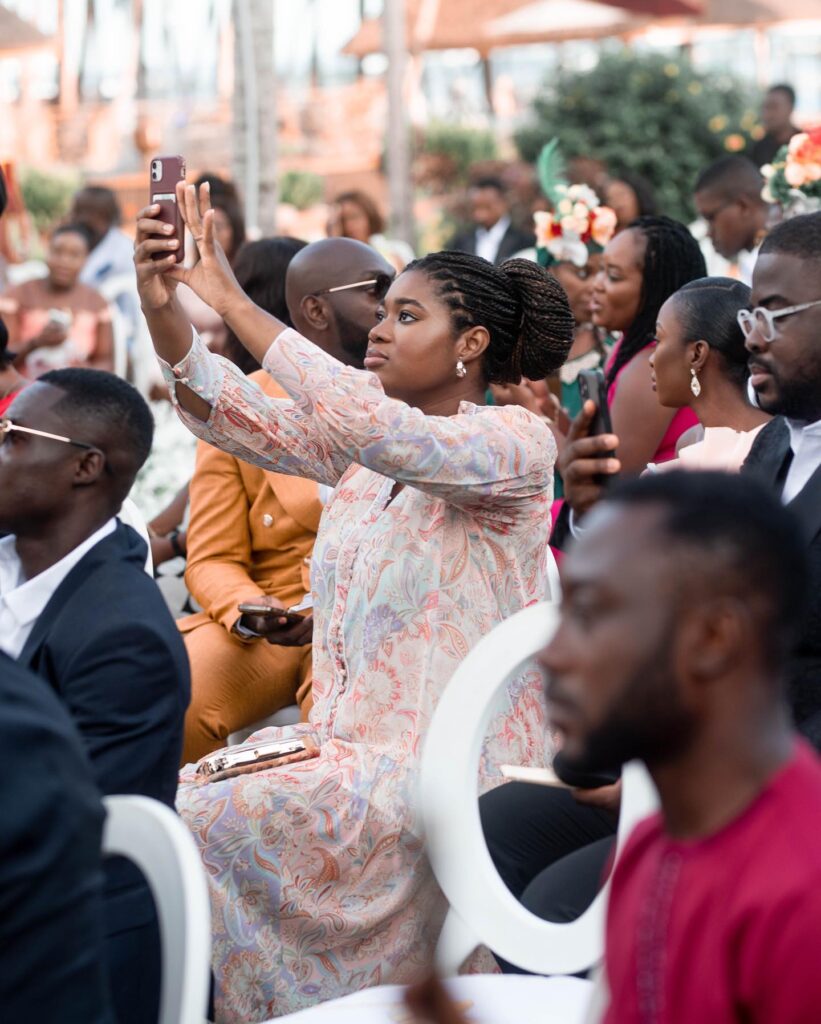
Ghanaian weddings are a vibe and a colourful celebration of love, blending rich traditions, elaborate ceremonies, and a strong sense of community.
If you're invited to such a joyous occasion, dressing appropriately not only shows respect for the couple and culture but also allows you to fully immerse in the festivities.
This guide by Kele+ is your compass to navigating the dos and don'ts of Ghanaian wedding attire, ensuring you strike the perfect balance between what the dress code is and personal style.
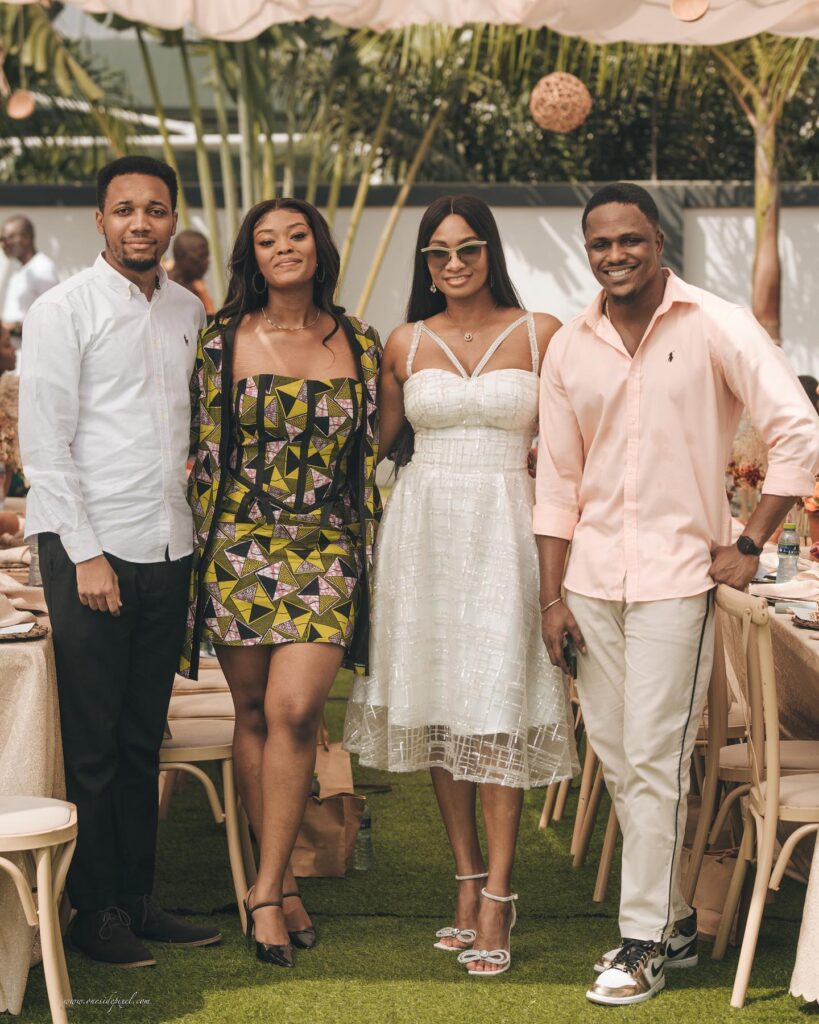
Ghanaian wedding attire is deeply symbolic, with every colour, pattern, and fabric telling a story of heritage, identity, and social status. Traditionally, outfits are crafted from fabrics like Kente or Ankara, known for their vibrant designs and rich symbolism. Understanding the significance of these elements is key to appreciating and choosing your attire.
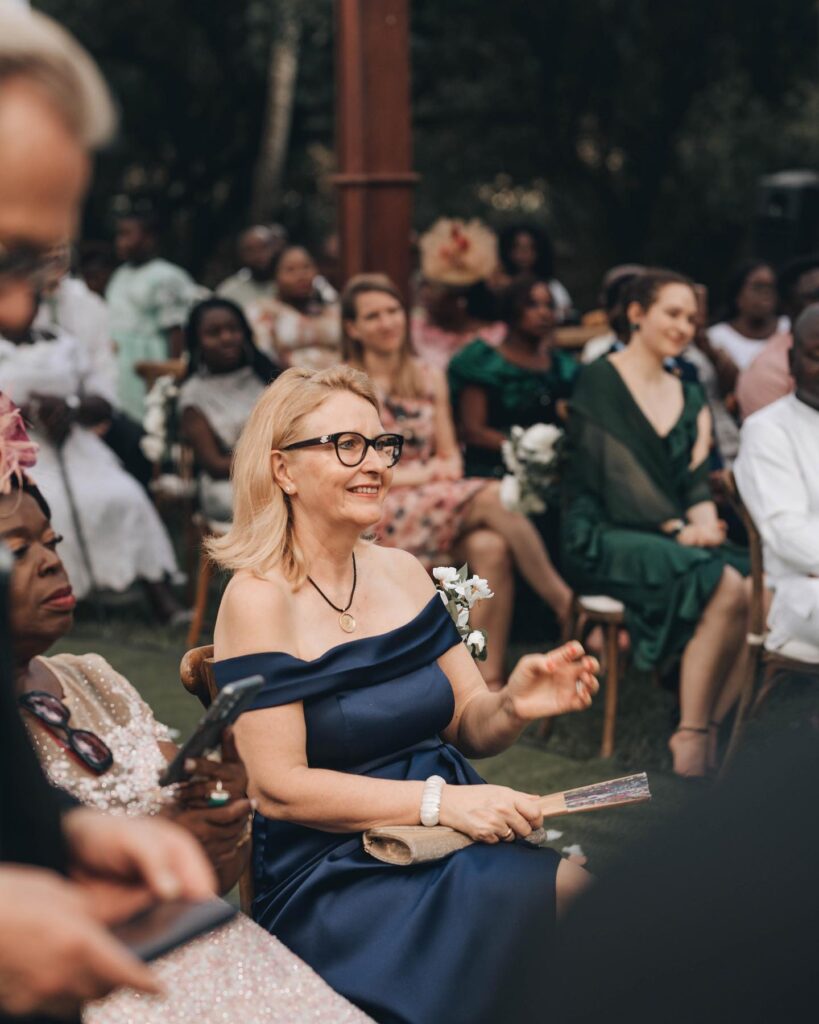
Women's attire at Ghanaian weddings is a showcase of elegance and cultural pride. From luxurious Kente gowns to chic Ankara dresses, the options are endless. Embrace bold colours and patterns, and don't shy away from accessorizing with statement jewellery or traditional headpieces to elevate your look.
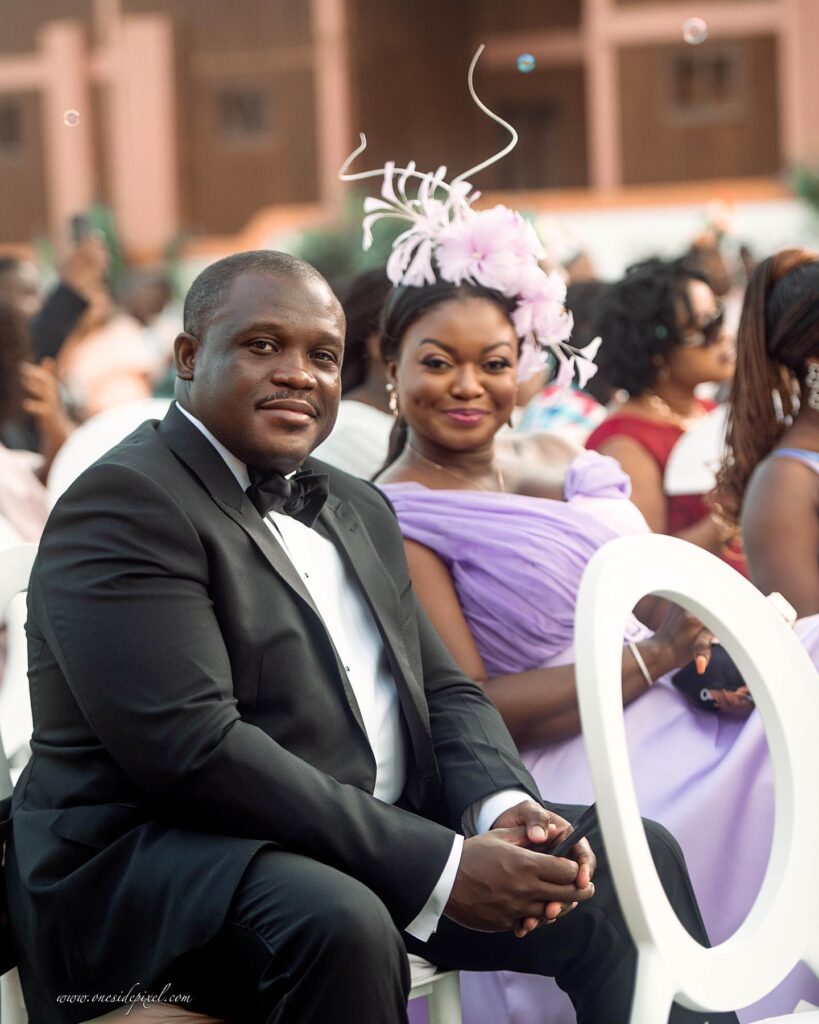
Men are encouraged to don traditional garments like the Batakari or suits. They can also wear Kente or other traditional outfits which reflect their heritage and status. For a more contemporary approach, tailored Ankara shirts paired with smart trousers strike a harmonious balance between tradition and modernity. Completing the ensemble with appropriate footwear and accessories is crucial for a polished appearance.
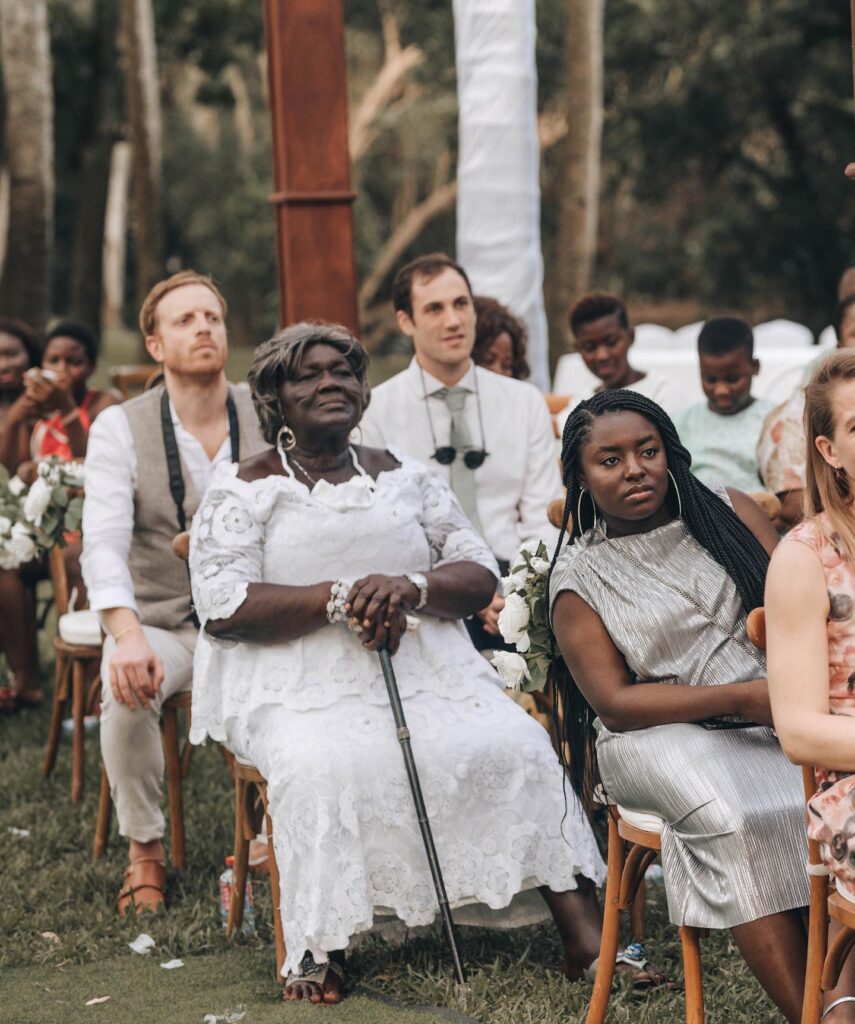
Ghanaian weddings often comprise two main events: the traditional engagement ceremony and the white wedding ceremony. Each has its own dress code and cultural nuances. Familiarizing yourself with the expectations for each will guide your outfit choices, ensuring you're in harmony with the occasion's spirit.
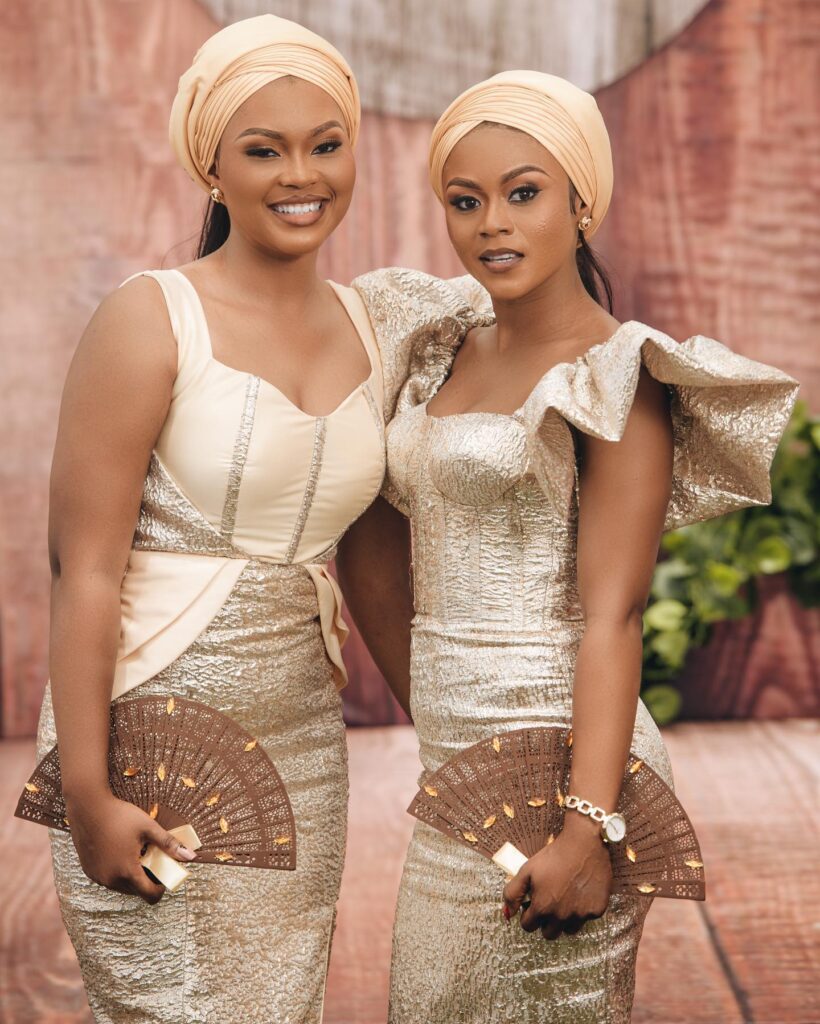
Navigating the etiquette of what to wear can be daunting. Paying close attention to the invitation's details can offer clues about the expected formality. Embracing vibrant colours and patterns is encouraged, but understanding which ones are appropriate is essential to avoid cultural missteps.
Awareness of cultural sensitivities is crucial. Certain colours or patterns may be reserved for specific roles or have particular connotations. Avoiding overdressing or underdressing is also key; when in doubt, it's always best to err on the side of formality.
Dressing the little ones for a Ghanaian wedding can be both fun and adorable. Opt for miniature versions of traditional attire or comfortable yet festive modern outfits that echo the day's celebratory nature.
From bustling local markets in Accra to online boutiques specializing in African fashion, there are numerous sources to find authentic and beautiful Ghanaian wedding attire. Supporting local artisans and fashion designers not only ensures authenticity but also contributes to the local economy.
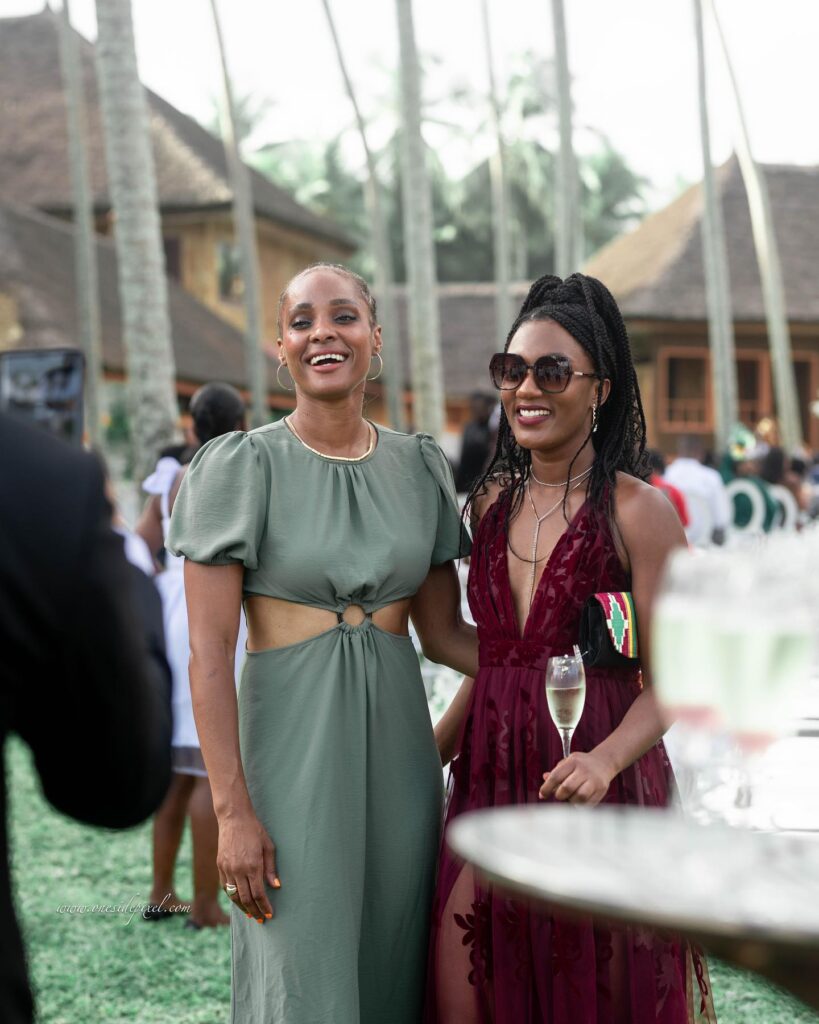
Beyond attire, being mindful of Ghanaian wedding customs and traditions enhances the experience. Participating in or observing traditional dances and ceremonies enriches your understanding and appreciation of the culture.
If you don't own traditional Ghanaian attire, consider reaching out to the wedding hosts for guidance. They might suggest colours or patterns that are meaningful for the occasion. Alternatively, you could opt for outfits in vibrant colours or African-inspired prints that pay homage to the aesthetic of traditional Ghanaian dress. Renting or purchasing attire from local African or Ghanaian shops is also a respectful way to partake in the cultural celebration.
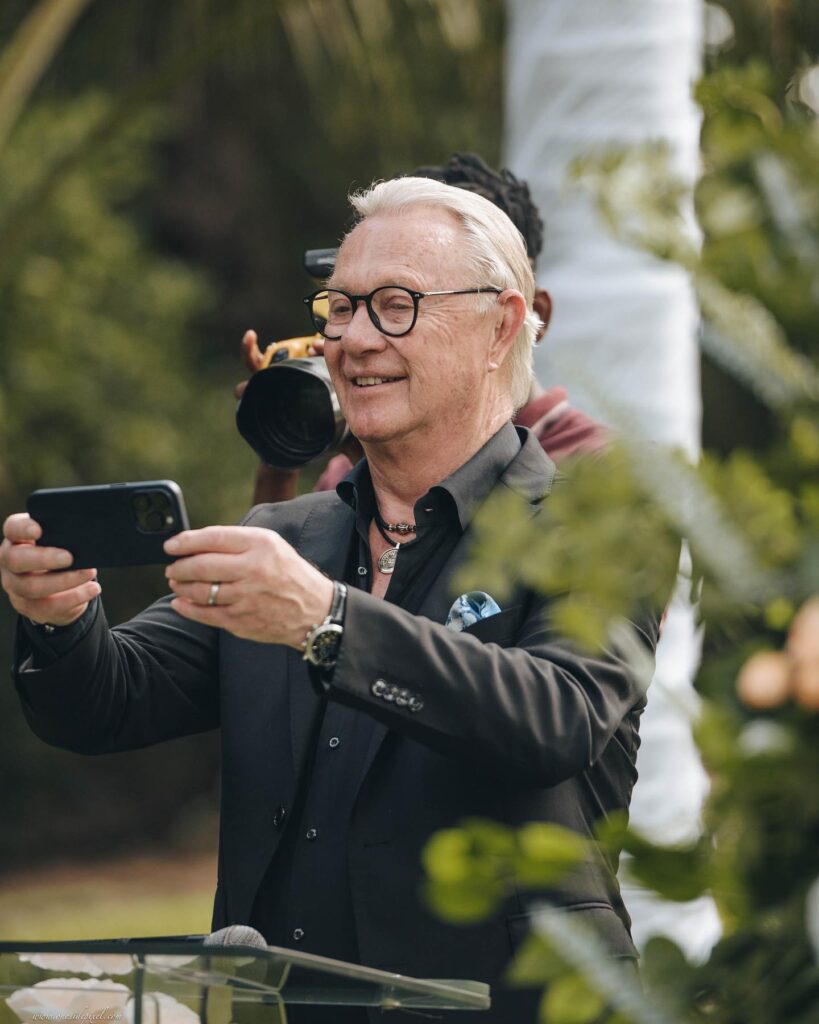
While black is traditionally a colour of mourning in many cultures, including some Ghanaian communities, it's essential to inquire about the specific customs of the wedding you'll be attending.
Contemporary Ghanaian weddings, especially those influenced by Western traditions, might be more flexible with colour schemes. However, it's generally advisable to choose more vibrant and celebratory colours to honour the joyous occasion.
The formality of your outfit should be guided by the wedding's dress code if provided. Ghanaian weddings can range from very traditional and formal to more casual and contemporary, depending on the couple's preferences. If in doubt, opt for a more formal approach, as this shows respect for the occasion. For men, a well-tailored suit in a bright colour could be appropriate, while women might consider elegant dresses in vibrant prints.
African wax prints (Ankara) and Kente cloth are popular and revered fabrics in Ghanaian culture, often seen at celebratory events like weddings. If choosing to wear these fabrics, it's important to do so respectfully and avoid patterns that may have specific cultural or royal significance, unless you have been explicitly invited to wear them. It's always a good idea to consult with Ghanaian friends or wedding hosts when selecting such fabrics.
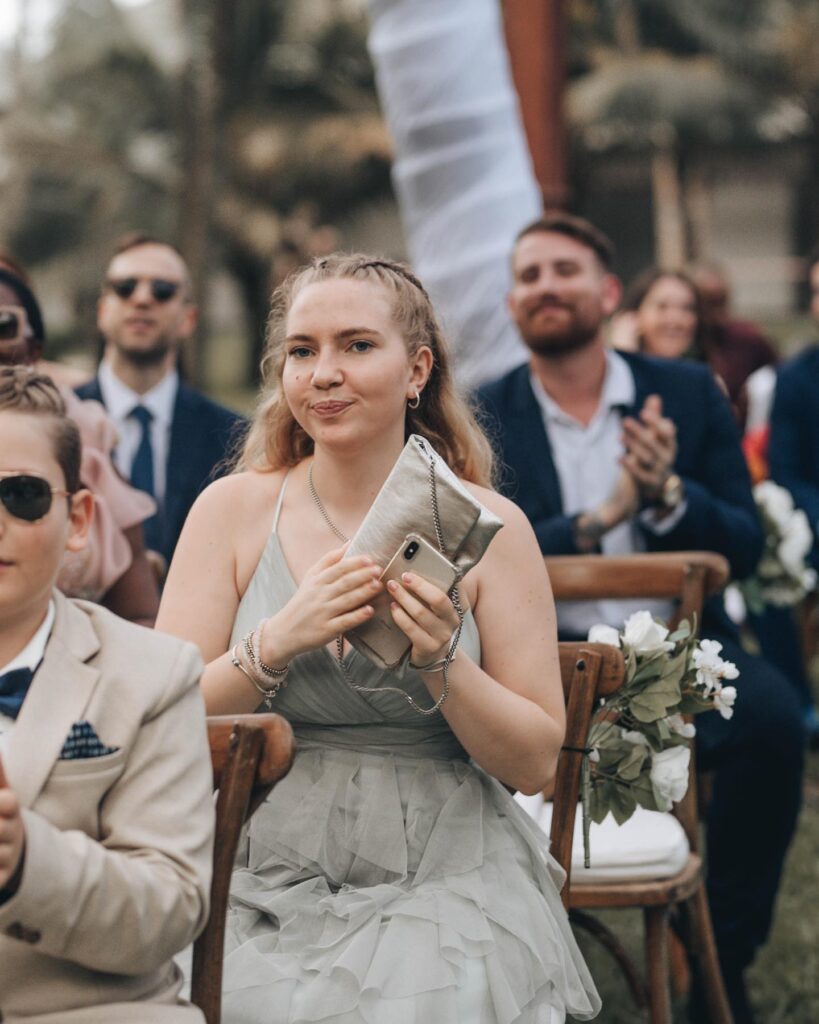
Respecting Ghanaian culture as a non-Ghanaian guest starts with an open and respectful attitude towards the customs and traditions you'll experience. Dressing modestly and in a manner that honours the occasion, engaging with cultural practices (like dance and music) with enthusiasm and respect, and showing genuine interest and appreciation for the customs observed during the wedding are all ways to show respect.
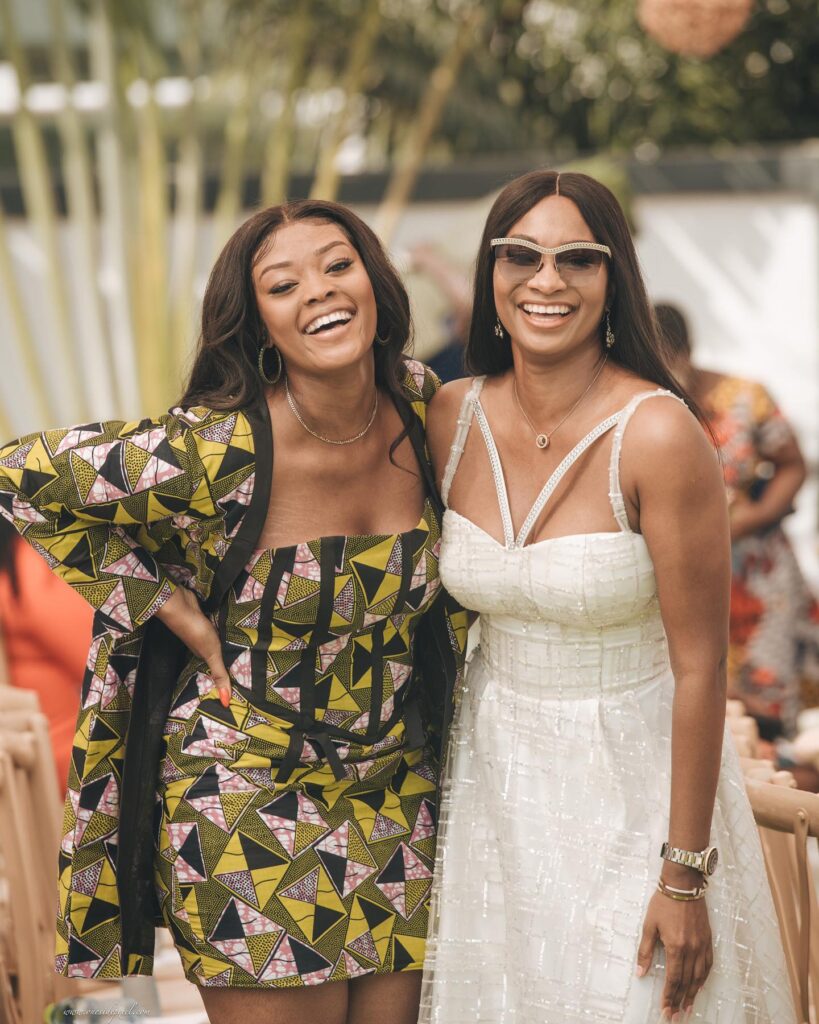
When selecting accessories for a Ghanaian wedding, consider pieces that complement the vibrant and colourful nature of Ghanaian attire. Beaded jewellery, simple gold or silver pieces, and accessories made from traditional African fabrics can add a respectful nod to Ghanaian culture. However, it's important to avoid cultural appropriation by not wearing items that hold significant cultural, religious, or royal meaning, unless you've been advised that it's appropriate to do so.
In all cases, the best approach is to communicate directly with the wedding hosts or the couple getting married for specific guidance, ensuring your participation is both respectful and celebratory of Ghanaian traditions.
